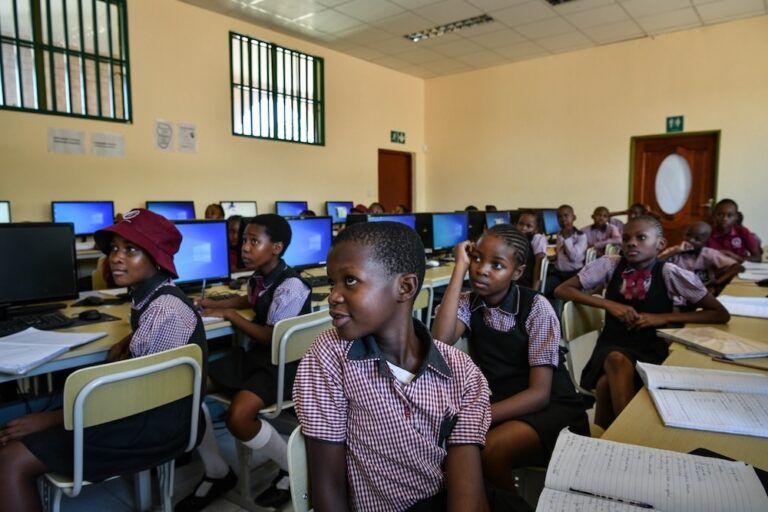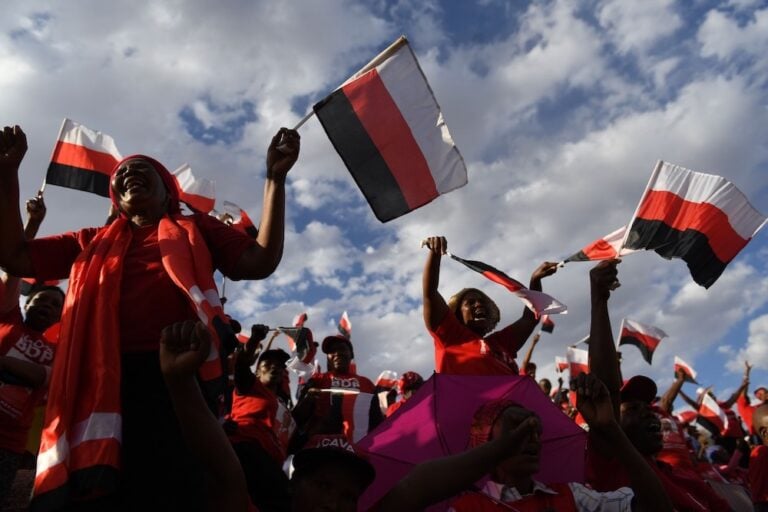It’s not illegal to be gay in Botswana, but sometimes it must feel like it. Just ask Lesbians, Gays and Bisexuals of Botswana (LEGABIBO), a non-profit group that’s been fighting for a decade to get official standing in the country, a battle that will come to a head over the next couple of weeks.
This statement was originally published on hrw.org on 13 November 2014.
By Monica Tabengwa
It’s not illegal to be gay in Botswana, but sometimes it must feel like it. Just ask Lesbians, Gays and Bisexuals of Botswana (LEGABIBO), a non-profit group that’s been fighting for a decade to get official standing in the country, a battle that will come to a head over the next couple of weeks.
I started working for LEGABIBO in 2004. We needed funds, but I hit a wall every time we approached donors, because the organization was not registered with the Botswana Registrar of Societies – a necessary step to open a bank account and receive funds. From 2005 to 2012, LEGABIBO made a series of unsuccessful applications to register the organization. In October 2012 the Registrar of Societies denied LEGABIBO on the basis that the country’s constitution ‘does not recognize homosexuals’.
While same-sex sexual conduct is prohibited by Botswana’s penal code, it’s not illegal to be gay, lesbian or bisexual. Under Botswana’s constitution, every person is entitled to fundamental rights and freedoms including the right to associate. And since the constitution does not explicitly mention men, women, males, females, heterosexuals or homosexuals anywhere in the constitution it’s incorrect to claim that the constitution does not recognize homosexuals any more than it does not recognize men and women.
We challenged the registrar’s decision, and the Botswana High Court is scheduled to render its judgement on November 14. LEGABIBO’s case is significant for Botswana, and for the rest of Africa where 38 countries criminalize same-sex conduct under colonial era sodomy laws and many LGBTI organizations operate under the radar. LGBT groups are challenging similar restrictions in Kenya.
The registrar’s refusal to register LEGABIBO is based on irrelevant considerations and was done in a manner that violates the human rights of the members. Moral disapproval does not justify limiting fundamental human rights. The constitution of Botswana guarantees the right to freedom of association including the right to form, join, or participate in the activities of an association. Denying registration to an LGBTI group effectively denies them the ability to advocate for their own rights.
Registering organizations without discrimination contributes to the achievement of equality and the advancement of human rights for all. This is something that LGBTI people should be allowed to enjoy openly and equally like everyone else. After waiting for almost a decade, LEGABIBO might finally be able to enjoy the freedom of association that has been denied them.


